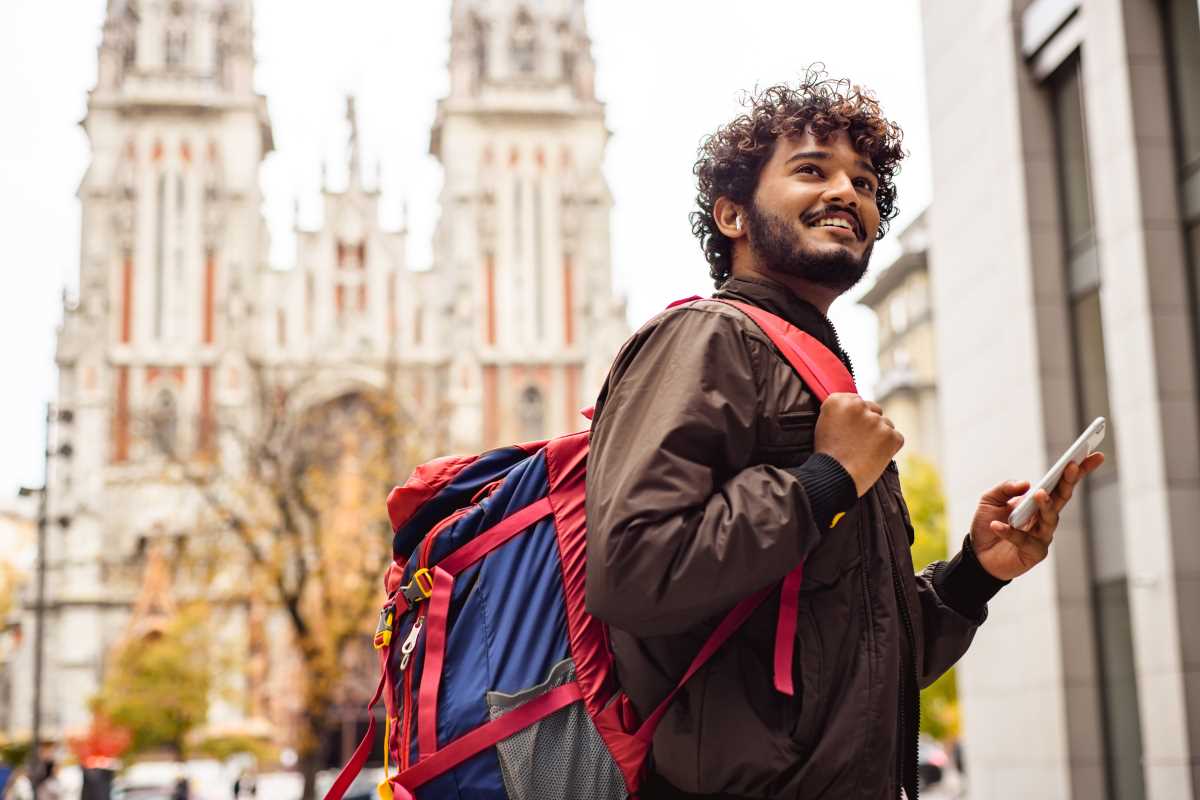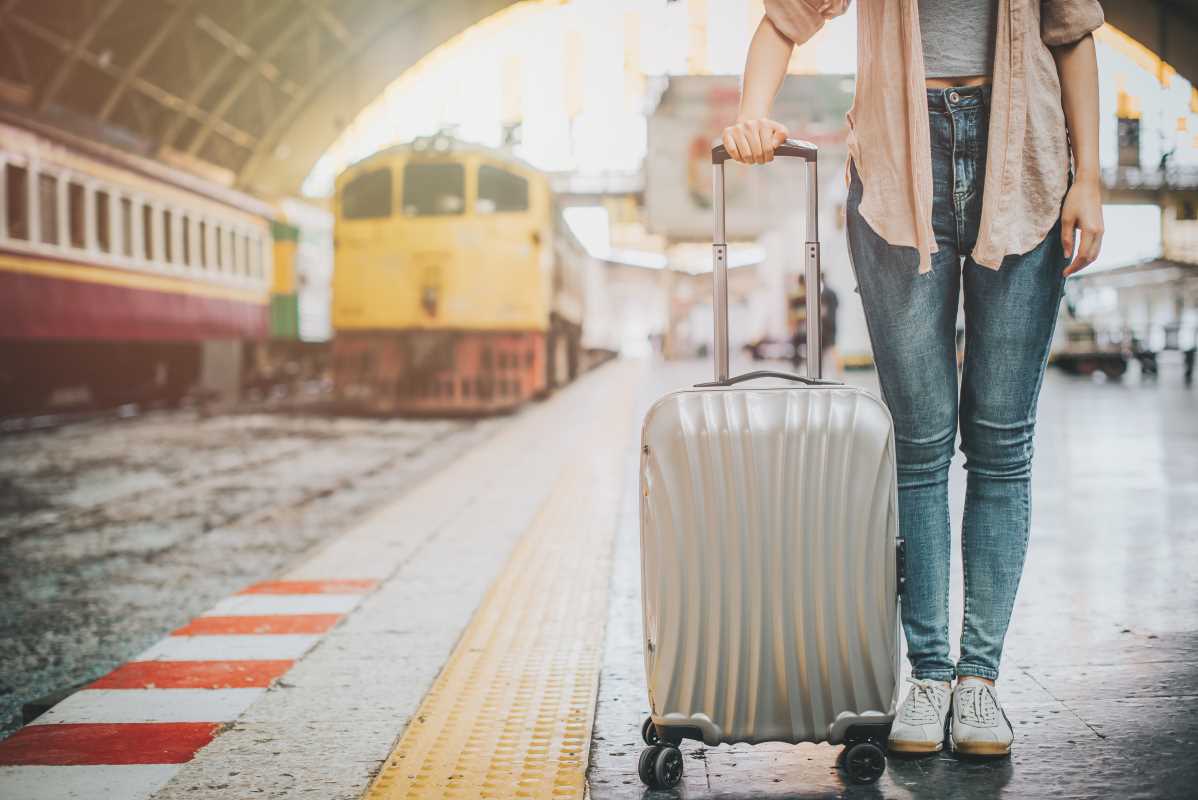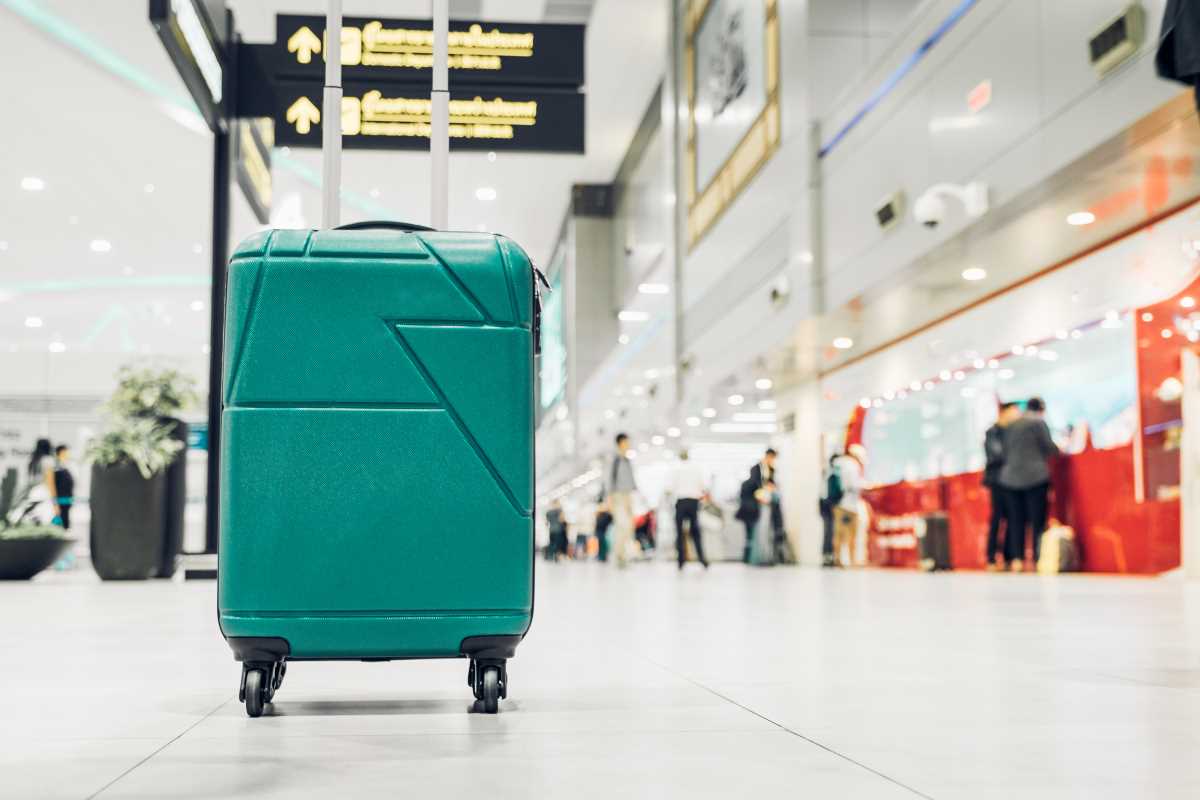Traveling is an enriching experience, offering the chance to explore new cultures, meet interesting people, and create lasting memories. While most travelers prepare for their trips by planning itineraries and packing essentials, safety often takes a backseat until something goes wrong. The truth is, staying safe while traveling doesn’t have to be daunting. By keeping a few overlooked tips in mind, you can ensure a worry-free journey. From securing your belongings to navigating unfamiliar areas, these tips go beyond the basics and offer practical strategies for staying safe.
Share Your Travel Plans with Someone You Trust
While it’s easy to get caught up in the excitement of a trip, sharing your travel itinerary with a trusted friend or family member is a simple yet often overlooked safety measure.
- Why It Matters: In case of an emergency, someone back home will know your approximate location and plans.
- How to Do It: Provide a detailed itinerary that includes flight numbers, accommodation addresses, and key contact information. Update them if plans change.
- Use Technology: Apps like Google Maps allow you to share your live location, giving your loved ones real-time updates on your whereabouts.
This ensures that someone knows where you are, even if you lose phone service or face unforeseen issues.
Keep a Digital Backup of Important Documents
Physical copies of your passport, travel insurance, and other documents can be lost or stolen, leaving you stranded in a foreign country. A digital backup can save the day.
- What to Backup: Passport, visas, driver’s license, travel insurance, and booking confirmations.
- How to Store Them: Use secure cloud storage like Google Drive or Dropbox, or email copies to yourself. For added security, encrypt sensitive files.
Digital backups are accessible from anywhere and can help you navigate bureaucratic processes in case of loss or theft.
Avoid Flashing Valuables
Wearing flashy jewelry or using expensive gadgets openly can make you a target for theft. While it’s tempting to document your trip on a high-end camera or smartphone, being discreet can save you from trouble.
- Use Modest Accessories: Opt for simple jewelry and practical bags that don’t scream luxury.
- Limit Gadget Exposure: Use your phone discreetly and avoid taking it out in crowded or high-risk areas.
- Choose an Anti-Theft Bag: Consider a crossbody bag with anti-theft features like lockable zippers and slash-resistant materials.
Being mindful of your valuables helps you blend in and avoid unwanted attention.
Trust Your Instincts
One of the most underrated safety tools you have is your intuition. If something doesn’t feel right, trust your gut and take action.
- Be Aware of Surroundings: Pay attention to people, noises, and activities around you.
- Avoid Risky Situations: If an area feels unsafe or someone’s behavior raises red flags, remove yourself from the situation.
- Say No Confidently: Don’t feel obligated to say yes to offers, invitations, or favors that make you uncomfortable.
Learning to rely on your instincts can help you avoid potentially dangerous situations.
Research Local Scams and Customs
Each destination has its unique set of potential scams and cultural norms. Knowing what to expect can help you navigate safely and respectfully.
- Look Up Common Scams: Be aware of pickpocketing hotspots, overcharging taxi drivers, or distraction tactics used by thieves.
- Understand Local Laws: Certain behaviors or items that are acceptable at home may be illegal abroad.
- Respect Cultural Norms: Understanding customs, such as dress codes or tipping etiquette, enhances your experience and keeps you out of trouble.
A little research before your trip can go a long way in avoiding unpleasant surprises.
Stay Alert at ATMs
Using ATMs abroad can expose you to theft or fraud if you’re not careful. Protect yourself by staying vigilant.
- Choose Indoor ATMs: Use ATMs inside banks or shopping centers for added security.
- Cover the Keypad: Shield your PIN entry from prying eyes or hidden cameras.
- Check for Skimmers: Inspect the card slot for unusual attachments that could indicate a skimming device.
Being cautious during transactions helps you avoid financial headaches.
Use Travel Locks for Your Belongings
While hotel safes and locked luggage can provide some security, they’re not foolproof. Adding an extra layer of protection can give you peace of mind.
- Secure Your Luggage: Use TSA-approved locks to deter opportunistic thieves.
- Lock Your Bag in Hostels: A small padlock for lockers can safeguard your belongings if you're staying in shared accommodations.
- Consider Portable Safe Options: Anti-theft backpacks or portable safes can protect valuables during transit or at your destination.
Simple locks can significantly reduce the risk of theft.
Avoid Oversharing on Social Media
While it’s tempting to share your travel adventures online, oversharing can make you vulnerable to theft or other risks.
- Delay Posting: Share updates after leaving a location rather than in real-time.
- Limit Information: Avoid posting your itinerary, hotel details, or travel dates publicly.
- Use Privacy Settings: Ensure your social media accounts are private and only visible to trusted friends.
Being mindful of what you share online can protect you from unwanted attention.
Carry a Small First Aid Kit
Many travelers overlook the importance of having basic medical supplies on hand. A small first aid kit can be a lifesaver for minor issues.
- What to Include: Band-aids, pain relievers, antiseptic wipes, and any necessary prescription medications.
- Portable and Lightweight: Look for compact kits that are easy to carry in your day bag.
Being prepared for minor injuries or ailments saves time and stress.







